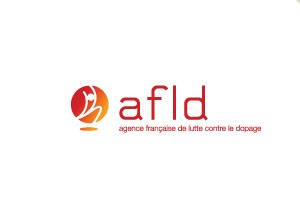Agreement reflects improving relations between governing body and French anti-doping agency
 After a successful collaboration earlier this year at Paris-Nice and again more recently in the Critérium du Dauphiné, the UCI and the AFLD have confirmed that they will work together during the upcoming Tour de France.
After a successful collaboration earlier this year at Paris-Nice and again more recently in the Critérium du Dauphiné, the UCI and the AFLD have confirmed that they will work together during the upcoming Tour de France.
The news marks a further step forward following a previously tense relationships in the past. The AFLD was blocked by the UCI from last year’s Tour, although it was able to command an input into the list of riders to be tested after appealing to the World Anti Doping Agency WADA.
At a press conference held yesterday in Paris, AFLD president Bruno Genevois, plus UCI doctor Mario Zorzoli and spokesperson Enrico Carpani said that the agreement showed the new relationship between the two bodies. This improved after the previous AFLD president, Pierre Bordry, stood down last autumn.
Testing at the Tour will be done by two mixed UCI-AFLD teams. Each of these will comprise three inspectors, and will collect samples several days before the start and also each day during the event. One of those two teams will carry out tests at the finish, whereas the other will take care of on-the-spot tests.
Further details reveals are as follows:
After the 198 blood samples taken from the riders – 1 per athlete -, the Thursday before the race, which will be included in their biological passport, some 150 urine tests and 50 blood tests will be made during the event. On top of this, other tests will be carried out under the biological passport.
The analyses will mainly be carried out by the Châtenay-Malabry laboratory, in France, (samples taken during the race) and the Lausanne Laboratory, in Switzerland (pre-event blood samples). Some samples may also be sent to other laboratories for specific analyses.
At yesterday’s press conference the UCI’s representatives spoke about new measures recently adopted by the Federation’s Management Committee during its meeting in Maastricht.
These new rules will come into play on July 1st and will include a regulation preventing anyone breaking anti-doping regulations after that point from obtaining a licence allowing him to take on a role in cycling such as that of a team staff member.